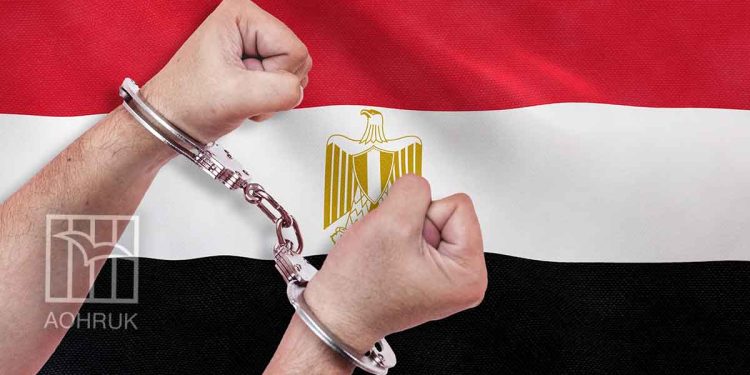The Egyptian authorities referred 199 citizens, including about 30 girls and women, to court on charges of distributing aid to the families of political detainees.
The Supreme State Security Prosecution accused the detainees of joining a terrorist croup and financing it by collecting donations and providing food aid.
The charges also included spreading false news on social media, and attending meetings which are “harmful to public security”. Such charges are often used by the regime against its critics to silence them.
The Egyptian authorities arrested many of the defendants from their homes and police stations, subjecting some of them to enforced disappearance for varying periods, and did not allow the detainees’ defence team to review the case files or the list of evidence, which violates their basic legal rights and undermines the principle of a fair trial.
The authorities consider charitable activities like distributing “Ramadan bags” as support for terrorist groups, although the defendants are known for their humanitarian activities for many years, which are mostly carried out through licensed associations.
The defence team confirmed that the distribution of aid was due to the economic deterioration of the families of political detainees after their money and property were seized.
The detainees in this case were subjected to serious violations, including enforced disappearance and ill-treatment, most notably Ms. Bushra Ibrahim Mohamed, who was beaten and insulted during her detention, and food supplies in her possession were confiscated and considered “evidence” used by the prosecution to convict her.
This case reflects the increasing use of anti-terrorism laws to criminalise humanitarian activities, and poses a threat to basic human rights in Egypt, which requires urgent human rights action to stop the criminalisation of humanitarian work, and hold accountable those responsible for restricting freedoms.






























